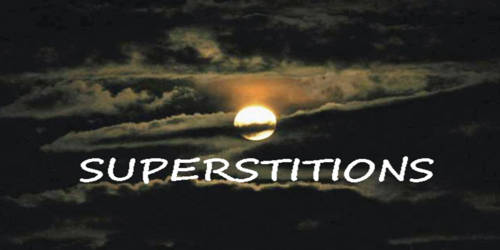A festival is a time for joy and celebration. It brings up images of joy and revelry. It is a time for family reunions and community celebrations. We celebrate a variety of festivals throughout the year because we are a multi-religious, linguistic, and multi-racial country. However, commercialization has reduced their utility and significance. These are now just crucial occasions for promoting personal and business interests.
The more well-known a festival develops, the more potential for increasing cash through sponsorships, advertisements, and partners; commercialization will almost certainly begin to sneak in. In terms of the major festivals, I have to agree that they are overly marketed.
Eid al-Fitr is one of the most important celebrations in this country for Muslims. The month of Ramadan precedes this holy event, during which Muslims fast from sunrise to dark. During this month, advertisers relentlessly promote their wares to the brink of insanity. Everything is dressed up, spruced up, and made to look appealing in order to sell. And they do sell. The supermarkets are packed to the brim with consumers who have gone completely insane buying festival supplies.
How many of the items purchased by shoppers are truly necessary? This will be determined by what is judged necessary. However, it would seem that with all the cheap sales and competitions that are held regularly, much of the things that shoppers buy are really unnecessary. They just buy them because the offers are too good to be refused.
Perhaps if you check around your house, you will discover that you have items that you purchased but never found the opportunity or need to use. As a result, the situation is similar to that of Chinese New Year, Deepavali, Christmas, and other festivities. Every year, when these festivals arrive, people go on a shopping spree. Going shopping before an event has become customary. A person who does not go on such a binge is considered a jerk.
This holiday game is well-known in shopping malls and supermarkets. When Chinese New Year arrives, new year songs are played incessantly, and all manner of goods are on display. Any shopper who ventures into such a supermarket is almost certain to get into the new year or buying spirit and before he or she knows it, the supermarket has made yet another killing. Such is the power of advertisement.
Come Hari Raya, retailers change their music to Hari Raya songs and provide appropriate treats. The shoppers are once again duped and duped. For Christmas and other special holidays, the scenario is altered once again. This diet of buying more than necessary is regularly fed to shoppers. It’s no surprise that supermarkets and shopping malls thrive.
As a result, the true essence of the festivals has been ingeniously manipulated and overpowered by advertisements, to the satisfaction of manufacturers and producers, until the festivals are little more than gigantic shopping sprees. There isn’t much anyone can do about it because no one cares about the true spirit of the festivities. What each is concerned about is that some supermarket is offering great discounts or giant sale and these offers are not to be missed. Would you pass up such offers?
The manner in which the festivals are celebrated may differ, but everyone has the same goal in mind. They are free to rejoice on their own terms. So why should we intervene? This is not to say that the commercialization of festivals has diminished their true significance. Instead, I’d like to conclude that the commercialization of festivals has made them more beautiful, stunning, and engaging than ever before.
















